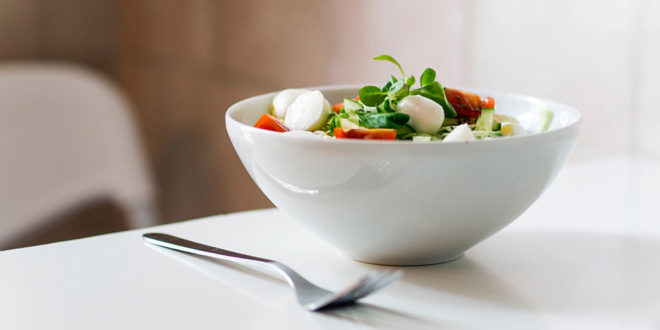When Nutrition Stances Divide
As the protein/paleo member recounted her research on saturated fat, she talked about problems in her progressive community. During the spring Earth Day activities, a nearby health fair became dominated by vegan advocates. The vegans wouldn’t allow representatives from any group that ate or used animal products. My grass-fed beef friend was disturbed that such people wielded so much power and still refused to listen to science data and hard facts. These were people who often considered tolerance in other areas of life. Will they publicly shun or ban commerce with anyone wearing leather, eating at steak restaurants or keeping chickens? Will they go so far as to soon demand that all domestic animals and pets be returned to the wild?
Other Motivations
We all shared concerns about the anxiety and fear that seems to provide the basis for much of post-modern nutrition militia. I am aware that food is one area of personal control. Some people restrict food in an effort to exert the only control they seem to possess. Some people eat to fill emotional emptiness, boredom or soothe loss. People can channel their personal anxiety into vegetarianism or caveman diets with equal unbalance. When aspects of the internal or external world seems doomed to failure or threat, food can become a comforting addiction or a sustainable distraction. Perhaps even the symptom of a loss of faith.
The Underlying Message
It’s a natural desire to share a food plan or diet that has resulted in exhilarating weight loss or improved health. Others may welcome our knowledge and experience as enriching and healing. Or they may find their own answers for their bodies and families. We often want to find more of “our people,” that enjoy a similar worldview. However, when our choices result in a critical self-righteous attitude presented with great fervor–we lose friends and credibility. The underlying message seems to be that dietary noncompliance means you are “less than” or ignorant. Most of us over the age of 50 have lived long enough to remember the debunking of many diets, products, and medications during our lifetimes. Something may help you function at age 25 but not at age 60.
When nutrition and food is combined with religion or spirituality, the outcome for relationships seem to extend into eternity. So we get concerned or preachy. Those of us who believe that our bodies are a gift and not a mistake, get serious about stewardship. We also appreciate that the body and spirit are a holistic unit. Yet a good helping of humility seems wise in a time of burgeoning science regarding individual metabolism, genetics and culture. The Creator has blessed us with a great capacity for uniqueness and ways to respond to him.
Being “right” may be unsustainable–ultimately leading to a table for one.
Karen Spruill writes from Orlando, Florida.
Questions for personal journaling or group discussion:
1. Find the video of “Babette’s Feast” (1987), and watch with a friend or group for discussion.
2. Read Deuteronomy 14:1-21. What do you see as the principles of good health behind God’s nutrition instructions to the Israelites? How might culture have impacted God’s words to them?
Written by Karen Spruill
If you liked this, you may also like Judgment of Others
© 2002 - 2026, AnswersForMe.org. All rights reserved. Click here for content usage information. Answers for Me Support & encouragement for every-day life
Answers for Me Support & encouragement for every-day life



